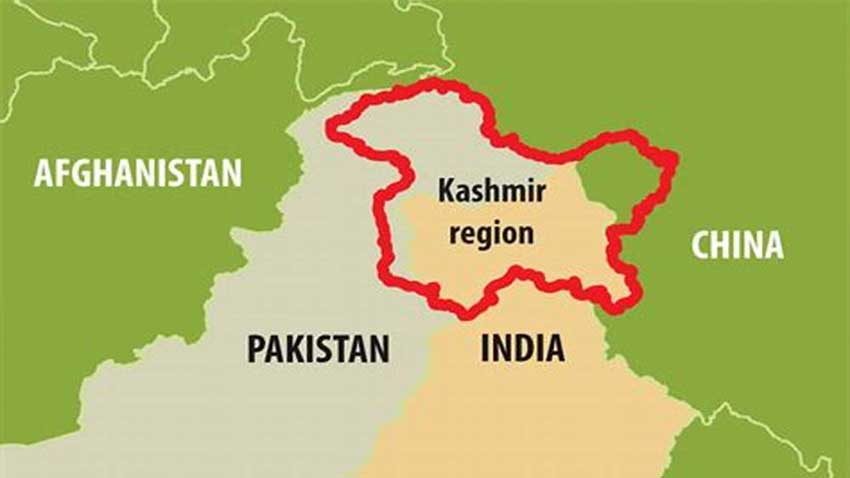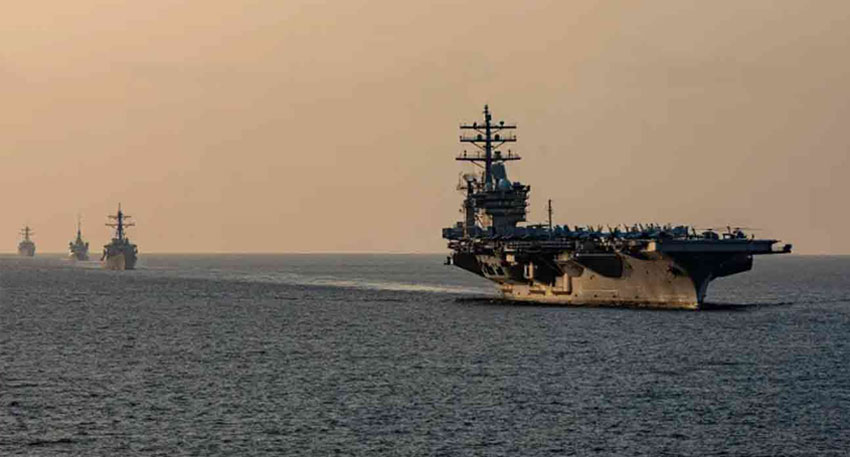
On the other hand, emergency sirens began to sound in Bahrain amid fears of an Iranian attack. The Bahraini Foreign Ministry urged citizens to stay indoors and avoid unnecessary travel, while the country’s airspace was also closed.
Loud explosions echoed across Doha, the Qatari capital, on Monday night, triggering panic among civilians and military personnel alike. According to Iranian state media, the operation is a strategic and calculated retaliation against the United States for its continued interference and presence in the Middle East.
Iran confirmed it targeted the Al Udeid Air Base in Qatar — one of the most important US military installations in the region — with six missiles. Simultaneously, one missile struck the Ain al-Asad airbase in Iraq, another key outpost for US forces.
The Islamic Revolutionary Guard Corps (IRGC) claimed responsibility for the attacks and warned of further military action if provoked. In Iraq, following the strike on Ain al-Asad, US soldiers were ordered into underground bunkers, suggesting that American forces were caught off-guard.
Regional media confirmed that the Iranian missiles landed with precision, and air defense systems failed to fully intercept them — raising serious concerns about the vulnerability of US bases despite heavy investment in defense infrastructure.
Read more: ‘Unjustified’ US attacks on Iran are pushing world to ‘very dangerous line’, warns Putin
Meanwhile, the White House issued a cautious response, stating it is closely monitoring reports and is “assessing the situation.” US Defense Secretary Pete Hegseth and General John Keane were seen alongside President Trump in the Situation Room, indicating a high-level crisis is unfolding.
As Iran strikes back, Israel entered the scene with a forceful response, launching air raids with 15 fighter jets targeting Iranian facilities, escalating tensions even further.
This development signals a major shift in Middle East geopolitics. Iran, long seen as cornered, has chosen a bold and public display of force. The choice of Qatar — a US ally — as a target is especially significant, hinting at Iran’s willingness to challenge not just US military presence but also Washington’s regional influence.
This is not just tit-for-tat warfare. It’s Iran’s message to the world: We will not be bullied. The naming of the operation — ‘Busharat al-Fatah’ — implies that Iran sees this as the beginning of a broader, perhaps even divine, mission for regional autonomy and justice.
The US response, so far, has been muted — likely a strategic pause to assess damage and avoid hasty escalation. But as missiles fly and alliances strain, the risk of a full-scale regional war is now alarmingly real.
This story is still unfolding, but one thing is clear: The era of passive confrontation is over. Iran is now taking the offensive.




